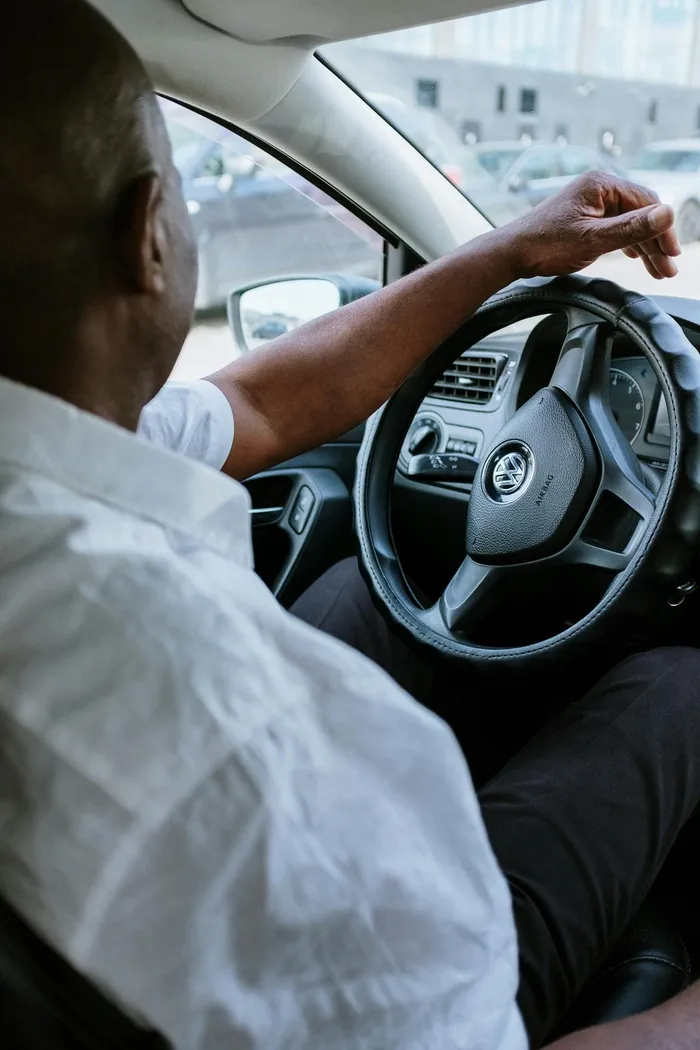Cosatu KZN fights for e-hailing drivers' rights amid exploitation claims

The Congress of South African Trade Unions (Cosatu) in KwaZulu-Natal has vowed to intensify efforts to protect the rights of e-hailing workers, amid growing complaints of exploitation by e-hailing platforms.
Image: Pexels
The Congress of South African Trade Unions (Cosatu) in KwaZulu-Natal has vowed to intensify efforts to protect the rights of e-hailing workers, amid growing complaints of exploitation by e-hailing platforms.
The federation said it had received numerous grievances from drivers, especially Uber operators, who allege that the platform is unlawfully deducting between 45% and 50% of their earnings, nearly double the agreed 25%. “These deductions have placed workers under unbearable financial pressure, leaving many unable to meet their daily cost of living, support their families, or repay vehicle loans,” Cosatu said in a statement.
Mzo Ngcobo, the spokesperson for the KZN E-Hailing Council, confirmed that the problem had been raised. .
Ngcobo said the Council has written to Bolt addressing issues of low fares, increased commission, and the unilateral restructuring of vehicle categories, and that the company has responded in the past.
“We recently sent a letter to Bolt addressing some of the issues and they usually respond. Now Uber doesn’t always respond to us. We also hope that the government should intervene,” he said.
In the letter, dated 16 July 2025, the KZN E-Hailing Council described Bolt’s pricing and commission model as unsustainable. “It is alarming that while the cost of living particularly fuel prices, continues to rise, Bolt has chosen not only to maintain unsustainably low fares but to increase the commission percentage deducted from drivers’ earnings,” the letter read.
The Council also criticised the recent restructuring of vehicle categories, which it claims was implemented without consultation, leaving many drivers earning less despite operating higher-value vehicles. “This current fare model and operational framework is no longer viable,” it stated.
Meanwhile, ride-hailing platform inDrive issued a media statement stating that it followed a low-cost commission model.
“Drivers on the inDrive platform benefit from one of the lowest service fees in the market, averaging around 10%,” the company said. It added that its peer-to-peer pricing system allows drivers and passengers to negotiate fares directly, offering more control and fairness.
Cosatu said it has already been in contact with the KZN E-Hailing Council and will convene a meeting with drivers and stakeholders. “The exploitation of platform workers, under the guise of technological innovation, is a modern form of casualisation that erodes workers' rights and dignity,” the trade union federation said.
Uber and Bolt have been approached for comment.